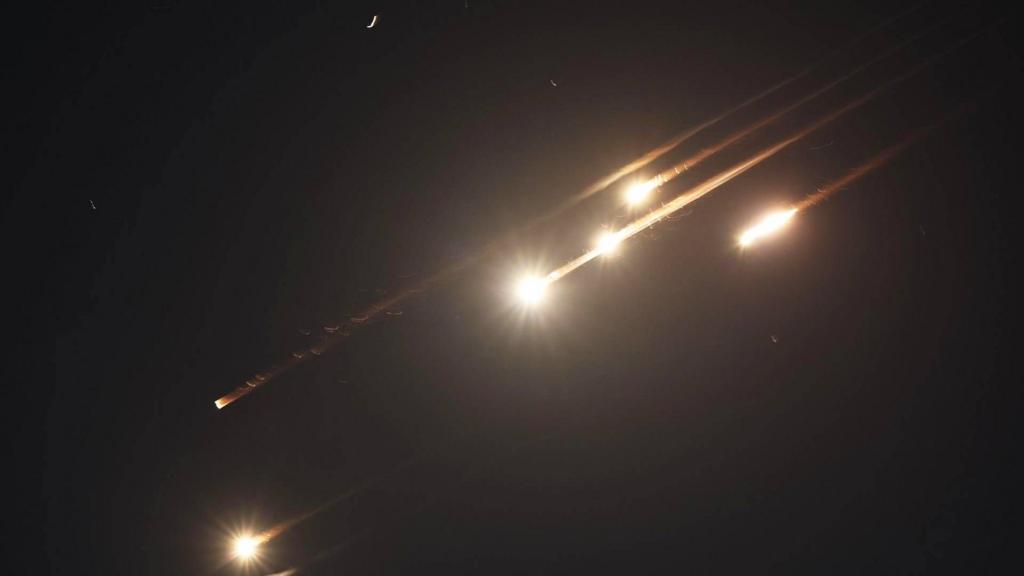The historic Israeli-Iranian tensions have boiled over into a full-scale military conflict, with dozens of Iranian ballistic missiles fired at Israeli soil late Friday evening. The long-brewing conflict reached a boiling point after Israel launched Operation Rising Lion, a preemptive attack on Iranian nuclear and military facilities. Iran responded by firing a barrage of missiles and drones that caused air raid sirens all over Israel and sent civilians running for shelters.
The Attack and Immediate Aftermath
Citizens of Jerusalem and Tel Aviv heard deafening blasts as Israeli air defense systems rushed to intercept incoming missiles. TV reports presented columns of smoke on Tel Aviv's horizon, while Israeli officials confirmed that Iran had launched more than 100 drones aside from the missile attack. Though attacks were intense, initial casualty reports did not come in immediately, although damage assessments continued.
Iran's Supreme Leader Ayatollah Ali Khamenei promised harsh retaliation, declaring Israel's actions would "bring it to ruin". Israeli Prime Minister Benjamin Netanyahu justified the preemptive attacks, highlighting that they were needed to respond to Iran's increasing nuclear threat. The Israeli military asserted that they had destroyed Iran's nuclear facilities, such as those in Isfahan, Natanz, and Fordow.
Global Reactions and Growing Concerns
The global community has reacted with alarm and asked the two nations to calm down. The United States clarified that it was not party to Israel's airstrikes against Iran but reasserted its efforts to keep Americans safe in the region. France and Germany have urged immediate diplomatic engagement, worrying that the conflict would degenerate into a wider Middle East war.
Both Iran and Israel have shut their airspace, resulting in indiscriminate disruptions to air traffic. Flights have been diverted or operations canceled by airlines such as Air India over security issues. The United Nations Security Council is due to hold an emergency meeting to discuss the crisis and the possible ways of de-escalation.
What's Next?
As events unfold, the world waits on tenterhooks, anticipating a breakthrough that saves the day from more bloodshed. With missile interceptions happening and military action heating up, the next few hours will be critical to decide whether diplomacy might triumph or if the war continues to escalate.
For the time being, Jerusalem is on red alert, with Israeli defense forces preparing for further retaliatory attacks. The wish is that international intervention can cause the two sides to sit down at the negotiating table before the area descends further into anarchy.



Comments
Post a Comment